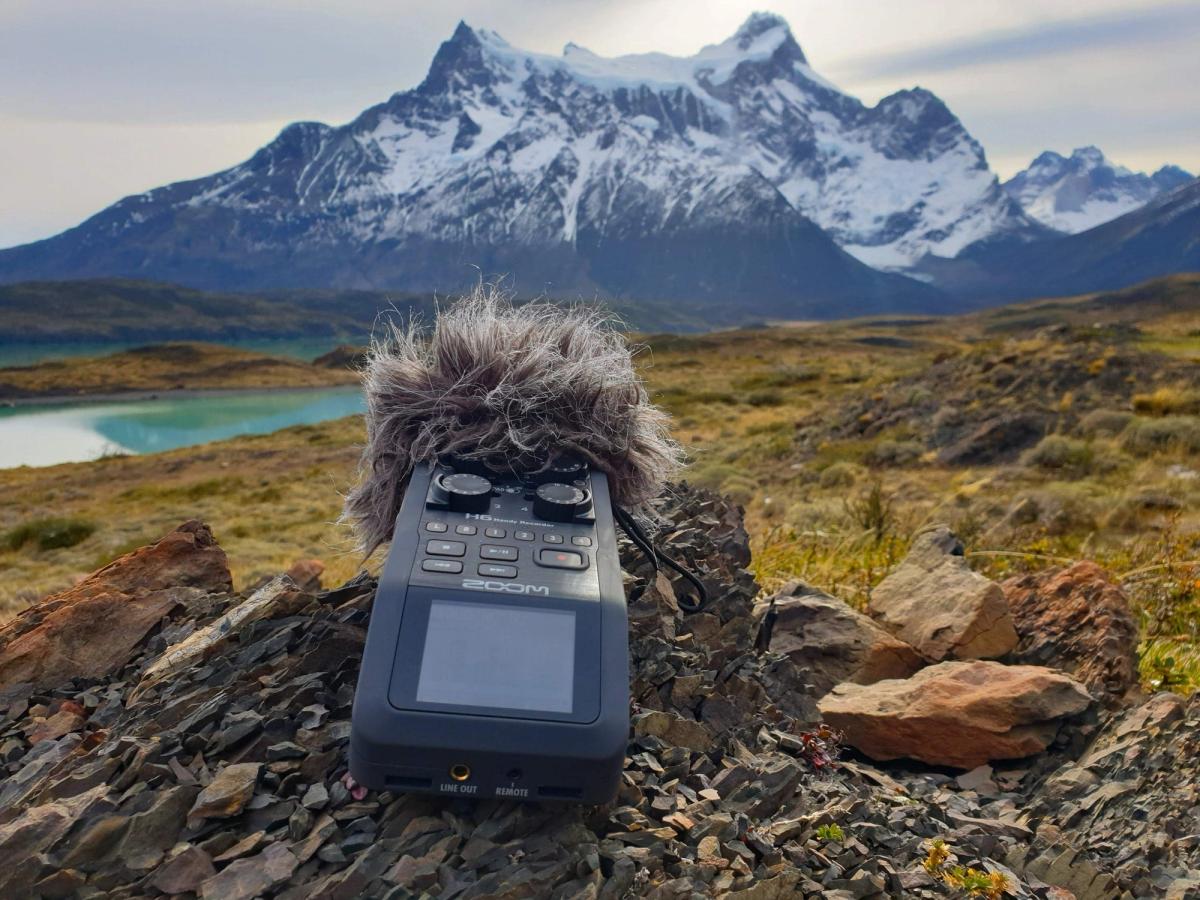The sounds of someone cooking. A grandmother saying grace at the table. The hubbub of a city square alive with street musicians and polyglot crowds. Quite what being on the move sounds like—not being where you were; living elsewhere than where you're from—is the subject of a new open call for sound recordings from art project Cities and Memory.
Cities and Memory was founded in 2015 by field recordist Stuart Fowkes. It has, since that time, compiled 5,000 sounds across more than 110 countries and territories into a sound map, with each one presented in its original form and also remixed by an artist. The aim, according to the website, is to “remix the world, one sound at a time.”
The latest initiative, titled Migration Sounds, is devised in concert with the University of Oxford's Centre on Migration, Policy and Society (Compas), and bills itself as an immersive, aural response to an age-old worldwide phenomenon.
The starting point for Compas's Rob McNeil was how to creatively tackle the conundrum that something so intrinsic to the human experience has become such a hot-button political issue—and a deeply dehumanising narrative. “How do you explain,” he says, “that migration, which is presented as this extraordinary facet of life, you know, this crisis—this chaos—is actually something incredibly ordinary and mundane, intimate even.”
As an immersive experience, sound, to McNeil's mind, is the perfect tool for homing in on “those things that are magical in their mundanity". "I'm really hoping we get lots of ordinary things,” he says.
The first phase, which runs until the end of December, is open to anybody with a microphone and an inquisitive ear. The sounds sent in will then be available online for anybody to listen to, via an interactive map.
The second phase will see artists from around the world transform those sounds into compositions. To date, Cities and Memory's open calls have seen artists remix sounds of protest, politics, prayer, worship and polar exploration into soundscapes, electronica, ambient music and more, in what has become the biggest crowdsourced sound project in the world.
During the first weeks of Covid in the UK in 2020, field recordist and founder Stuart Fowkes launched a collection of lockdown sounds inspired by the photos of empty town centres and abandoned cities he had seen. “In none of our lifetimes has the world ever sounded like it does right now,” he told one journalist. He wanted to capture what the emptiness sounded like.
Since then, organisations have been approaching Fowkes about ways to combine their plans for research with his creative ideas. Polar Sounds, for example, launched in early 2023, came about through a collaboration with two German scientific centres. It features reimaginings of whale and seal noises, as well as recordings of airgun explorations for oil and gas.
Taking part isn't just for sound artists and professional recordists. As Fowkes puts it, “It doesn't matter whether you have a £3,000 Nagra tape recorder or just an iPhone, as long as that sound gives you a feeling of what a place is like, the quality isn't of paramount importance.” Even a crackly voice memo can tell a story.


